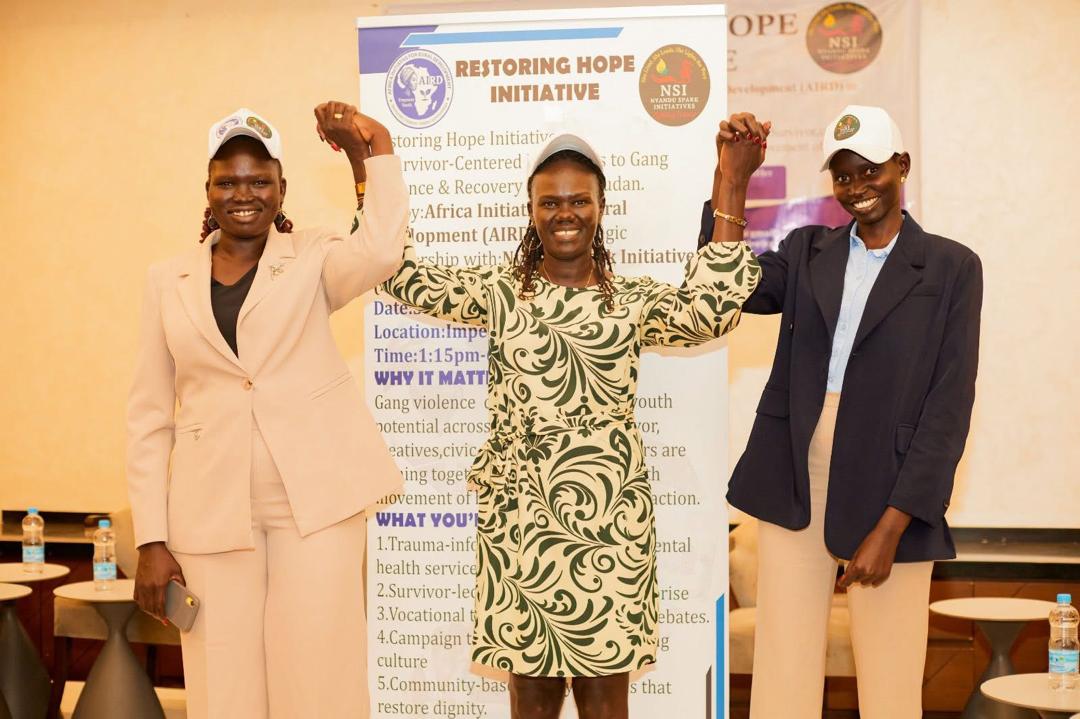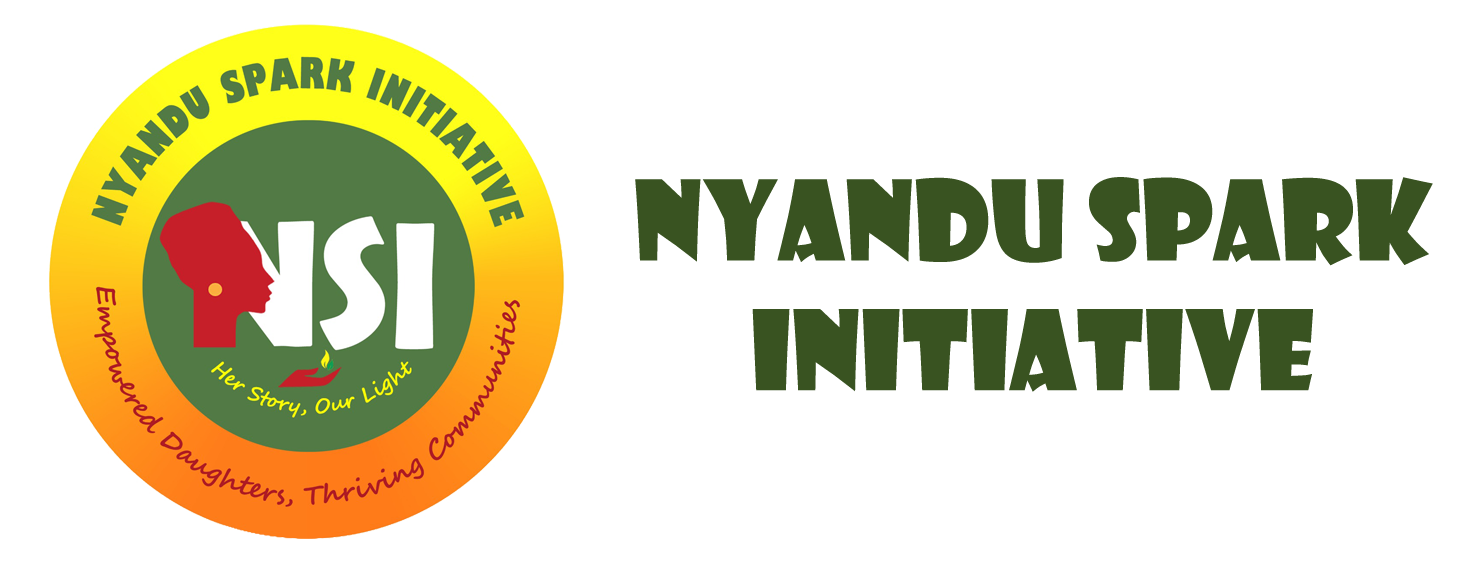Our Programs
Research and Thought Leadership
NSI collaborates with think tanks, universities, and research bodies to generate evidence and shape survivor-led policy advocacy. Focus areas include:
- Gender and Social Norms Change: Partnered with UN Women and Sudd Institute to analyze barriers to women’s leadership and GBV prevention.
- Mental Health and Healing: Co-developed the South Sudan Mental Health Assessmen scale to validate trauma-informed approaches.
- Climate and Environment: Worked with CSRF and GEPA to assess flood risks, land reform, and climate displacement.
- Water and WASH Equity: Supported data collection on water insecurity and hygiene education with MWRI and Water For South Sudan.

Program Pillars
| Emotional Resilience & MHPSS | Trauma-informed healing & psychosocial support | Healing circles, sports therapy, peer counseling, mobile MHPSS units |
| Education & Protection | Safe, inclusive learning with child protection ECCE centers | inclusive pedagogy, GBV mitigation, trauma informed teacher training |
| Survivor-Led Advocacy | Policy change via lived experience | Radio talks, storytelling, legal literacy, survivor coalitions |
| Peacebuilding & Dialogue | Reconciliation & civic spaces | Community forums, diaspora trainings, interschool debates |
| Political Representation | Women’s leadership in governance | Civic bootcamps, voter mobilization, youth coalitions |
| Youth Sports & Wellness | Empowerment through sport and recreation | Coaching, scouting, hygiene support, wellness clubs |
| Climate Resilience & Livelihoods | Sustainable recovery & adaptation | Agro-entrepreneurship, green skills, flood mitigation |
| Research & Capacity Building | Evidence-based programming Community-led studies | M&E systems, staff training |
| Coordination & Systems Strengthening | Multi-sectoral collaboration | Inter-agency forums, referral pathways, policy alignment |
Where We Work
NSI operates in IDP camps, urban settlements, and underserved communities across South Sudan—prioritizing areas with high vulnerability to GBV, displacement, and youth marginalization.
Location
Nimera Talata, Juba
Central Equatoria
South Sudan
Pages
Follow us
Copyright © 2025. Nyandu Spark Initiative || Designed by TechSphere Solutions
